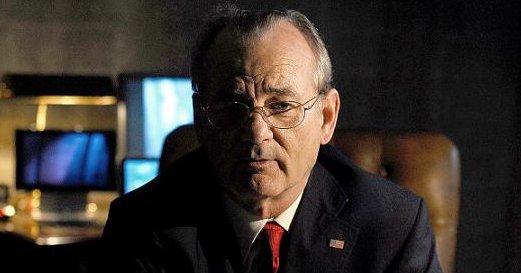This is the 13th one-page column I published in Cahiers du Cinéma España; it ran in their July-August 2009 issue. — J.R.
Writing from Chicago in May, during the Cannes film festival, I’ve been reflecting lately how much this festival remains a spectator sport even for those who don’t attend it. I’ve attended it nine times in all, 1970-1973 and 1994-1998, and my most enduring impression about it is how quickly everything that happens there gets turned into some form of business — a process that is both hilarious and somewhat horrifying.
Two immediate examples come to mind which occurred during my first and most recent visits there. In 1970, I attended the world premiere of Woodstock, only five days after four students were shot and killed by National Guardsmen at Kent State University in Ohio. Michael Wadleigh, the hippie director — a tall, commanding figure dressed in suede — dedicated the film to those four students and to “the many deaths to come” in the ongoing political struggles of the period. When the screening was over, he stood by the exit and calmly handed out black arm bands to anyone who wanted to wear one. I wore one myself for a day or two. But Warner Brothers was giving out Woodstock buttons at the same time, and after a while it began to seem that the arm bands and the buttons were performing the same function. Then, by the end of the week, some boutiques in Cannes started selling black arm bands, guaranteeing that commemorating the students killed at Kent State and working for Warner Brothers were indistinguishable activities.
1998 was the year that “Dogma 95” was launched at Cannes, specifically to promote the festival screenings of Thomas Vinterberg’s The Celebration and Lars von Trier’s The Idiots. Although the movement was formally started three years earlier, it seemed transparent to me at the time that this was a very clever ploy to persuade the American press to pay attention to Danish films, something they were previously unwilling to do. Judging by the impact this had on Variety’s lead reviewer, Todd McCarthy, which I could observe first-hand, this succeeded beyond the wildest dreams of von Trier and Vinterberg. Two years later, the movement was upgraded to Dogma 2000, complete with a secretariat that issued certificates with (according to an article in the Canadian magazine Cinema Scope) “a brand name price tag [about 1,000 Canadian dollars] to register a low budget film — they’ll take more if you can afford it.”) To this day, “Dogma” is taken as seriously by most film reviewers as if it were a theoretical manifesto by Eisenstein or Bresson — neither of whom, to the best of my knowledge, ever sold certificates. (See, for instance, the blogging of Roger Ebert about Antichrist on May 19: “Raised by a communist mother and a socialist father in a restrictive environment, [Von Trier] was told as an adult that his father was not his natural parent, and renounced that man’s Judaism to convert, at the age of 30, to the Catholic church. It was at about the same age that von Trier founded the Dogma movement, with its monkish asceticism.”)
There was some speculation this year about why Jim Jarmusch’s The Limits of Control, which I saw in Chicago in April, didn’t premiere in Cannes this year. If one recalls the boorish reception of his similarly noncommercial Dead Man there in 1995 — or its reception by most of the American press shortly before the Cannes festival — this isn’t hard to figure out. Whatever one’s misgivings about the film’s adolescent existentialism or its absence of characters (apart from Bill Murray’s version of Dick Cheney — significantly the only American to be found in Jarmusch’s version of contemporary Spain), the sheer pleasure taken in filmmaking for its own sake clearly has no place at a business convention.


